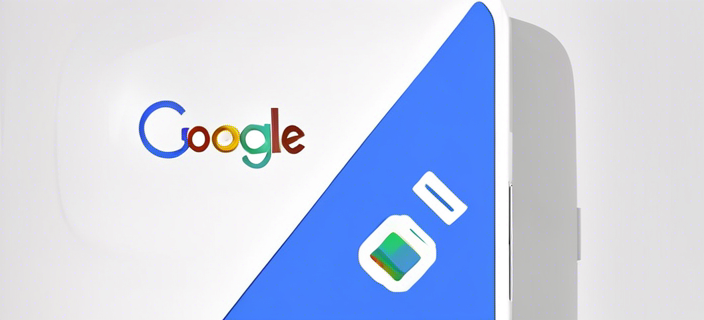In a bold move that could redefine the smartphone experience, Google announces plans to bring its cutting-edge AI directly to Android devices.
The Dawn of On-Device AI
In an era where artificial intelligence (AI) is reshaping the boundaries of technology, Google has set its sights on a groundbreaking ambition: to embed its most advanced large language models (LLMs) directly into Android smartphones by 2025. This initiative, spearheaded by Brian Rakowski, Vice President of Product Management for Google’s Pixel unit, promises to bring the power of Google’s AI, currently housed in remote data centers, right into the palms of users.
 A new frontier in smartphone technology
A new frontier in smartphone technology
Google’s AI Evolution
Google’s journey towards on-device AI began with the introduction of Gemini Nano, a highly efficient model designed for “on-device” AI applications. This model, already operational across Google’s Pixel devices and other capable Android smartphones, represents the first step in Google’s ambitious plan. Rakowski’s vision for the future includes not just the Gemini Nano but the deployment of Google’s most sophisticated LLMs directly onto smartphones, eliminating the need for internet connectivity to access these powerful AI tools.
The Power of Large Language Models
Google’s LLMs, such as Gemini Ultra, are marvels of AI technology, capable of understanding and generating human-like language. With a staggering 1.56 trillion parameters, Gemini Ultra stands as a testament to Google’s commitment to pushing the boundaries of what AI can achieve. This move to bring such advanced models to smartphones could revolutionize how we interact with our devices, making AI more accessible and integrated into our daily lives.
A Supercycle in the Smartphone Industry?
The smartphone market has faced challenges in recent years, with sales declining to their lowest point in a decade in 2023. However, Google’s push towards on-device AI could spark a new wave of interest and innovation in the industry. While analysts remain cautious, the potential for AI to introduce novel features and capabilities could tempt users to upgrade their aging devices, heralding a new “supercycle” of growth and innovation.
 The potential resurgence of the smartphone market
The potential resurgence of the smartphone market
Beyond Traditional Smartphones
The future of smartphones, as envisioned by Google and other industry players, may look radically different from what we’re accustomed to. Companies are exploring devices that are smaller, more compact, and primarily operated through voice activation. This vision aligns with Google’s efforts to integrate AI more deeply into our technology, offering a glimpse into a future where our devices are not just tools but intelligent companions.
The Rebranding of Bard and the Future of AI Agents
In a recent strategic move, Google announced the rebranding of Bard, its ChatGPT alternative, to Gemini, aligning it with the suite of AI models powering the chatbot. This rebranding, coupled with the introduction of dedicated apps for Android and iOS, underscores Google’s commitment to AI. Alphabet CEO Sundar Pichai’s vision of an AI agent capable of performing a wide array of tasks on behalf of users further highlights the transformative potential of AI in our lives.
Conclusion
Google’s plan to embed advanced large language models into Android smartphones by 2025 marks a significant milestone in the evolution of AI and mobile technology. As we stand on the brink of this new era, the possibilities for how we interact with our devices and the world around us are set to expand in ways we can only begin to imagine.












